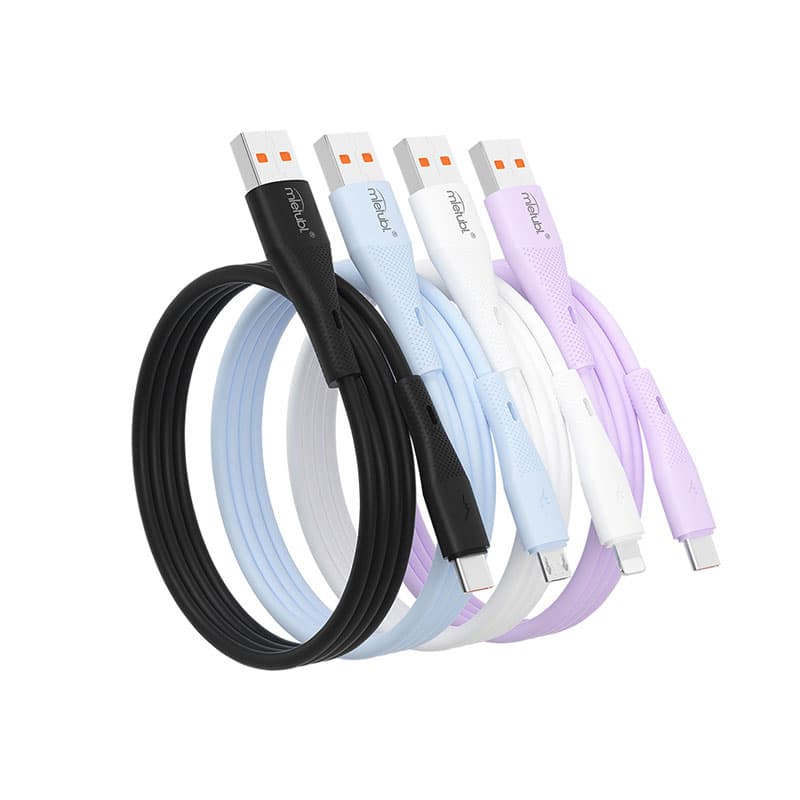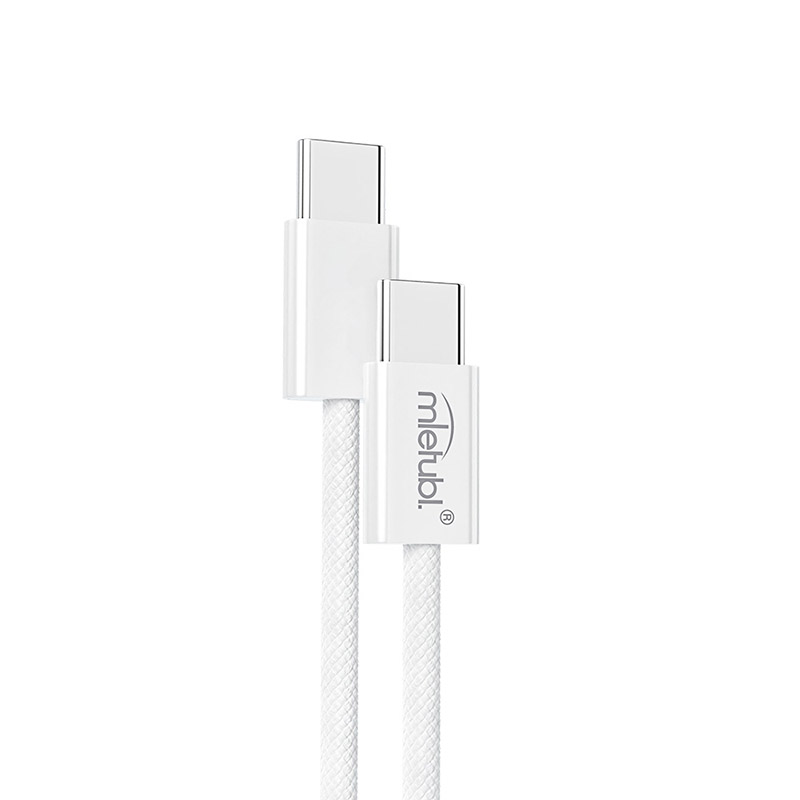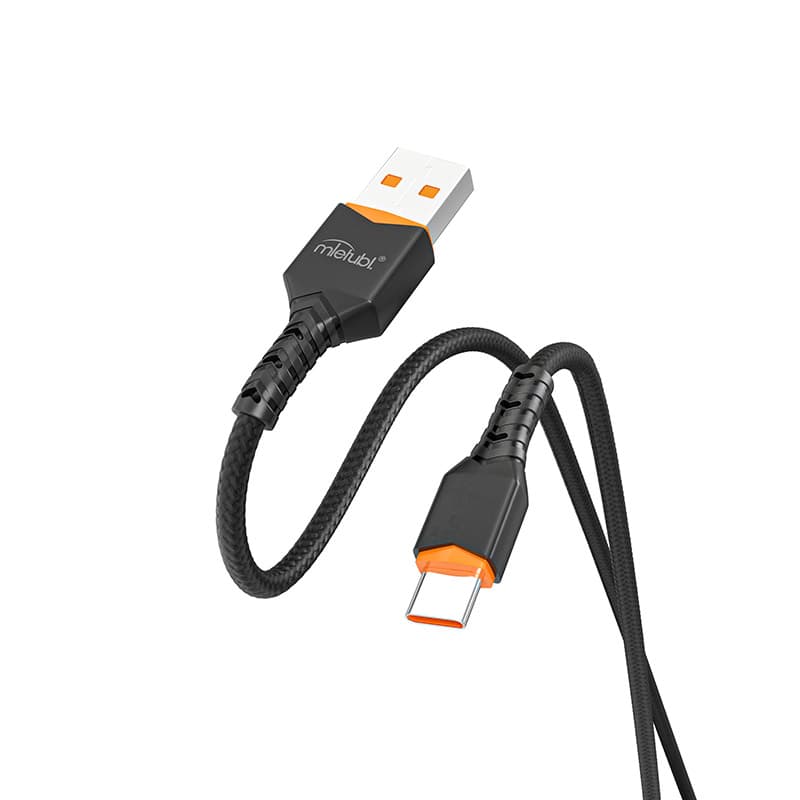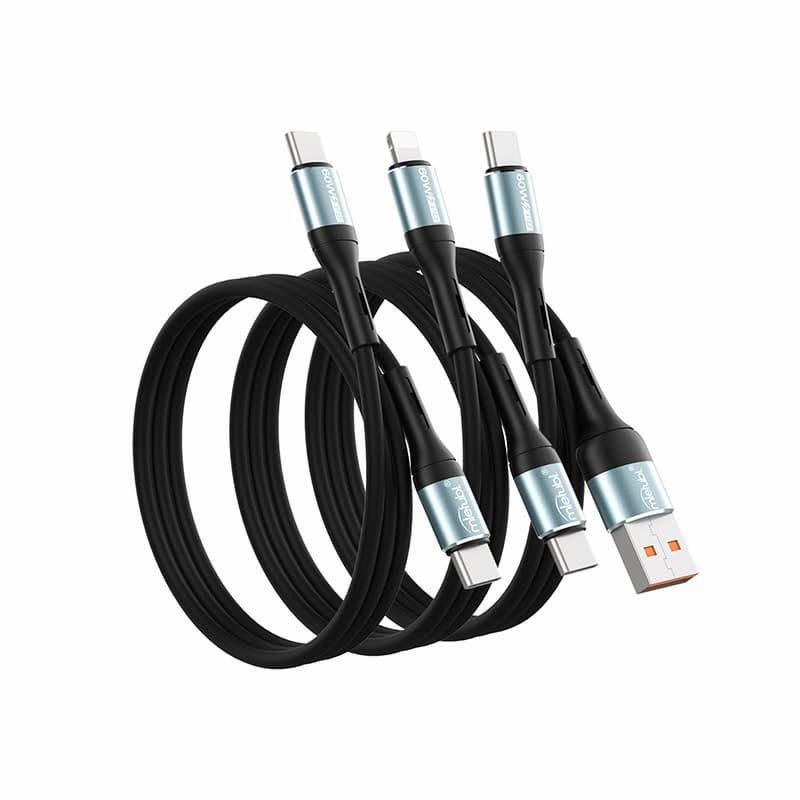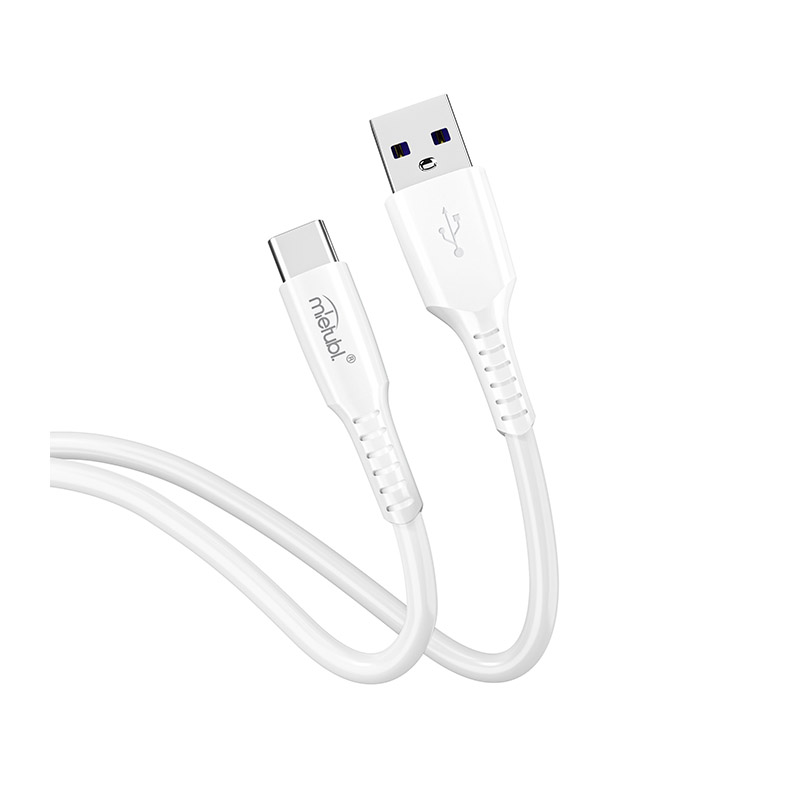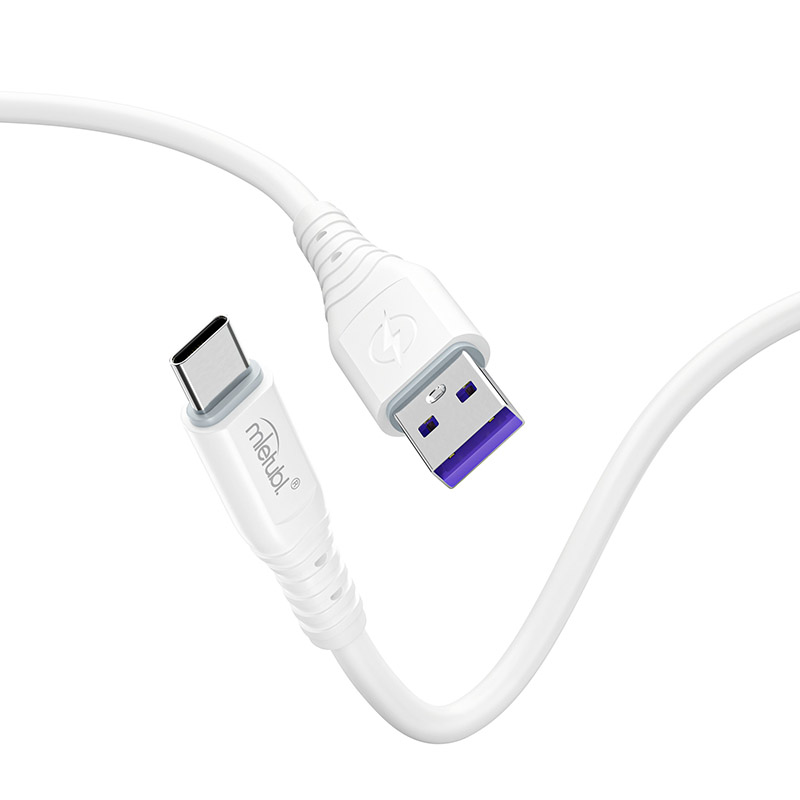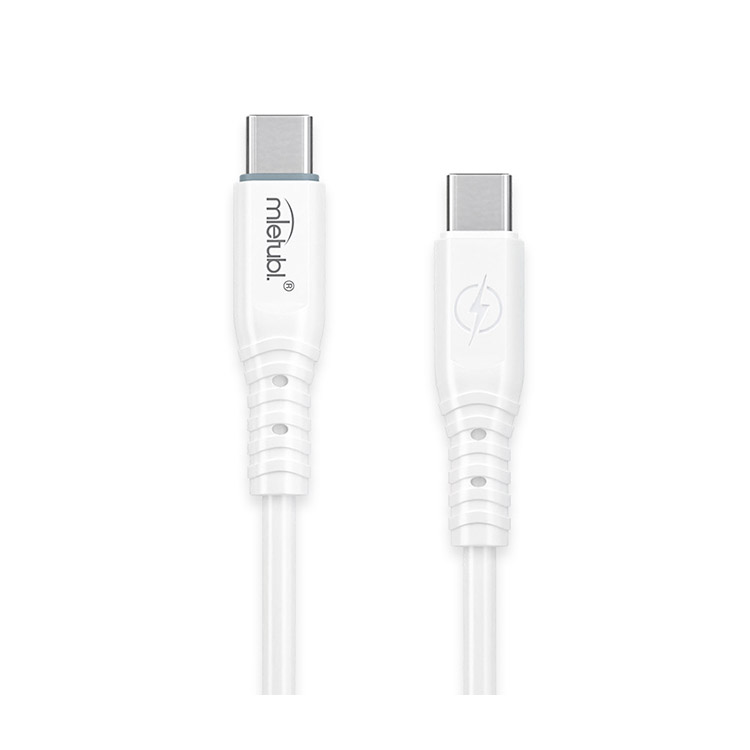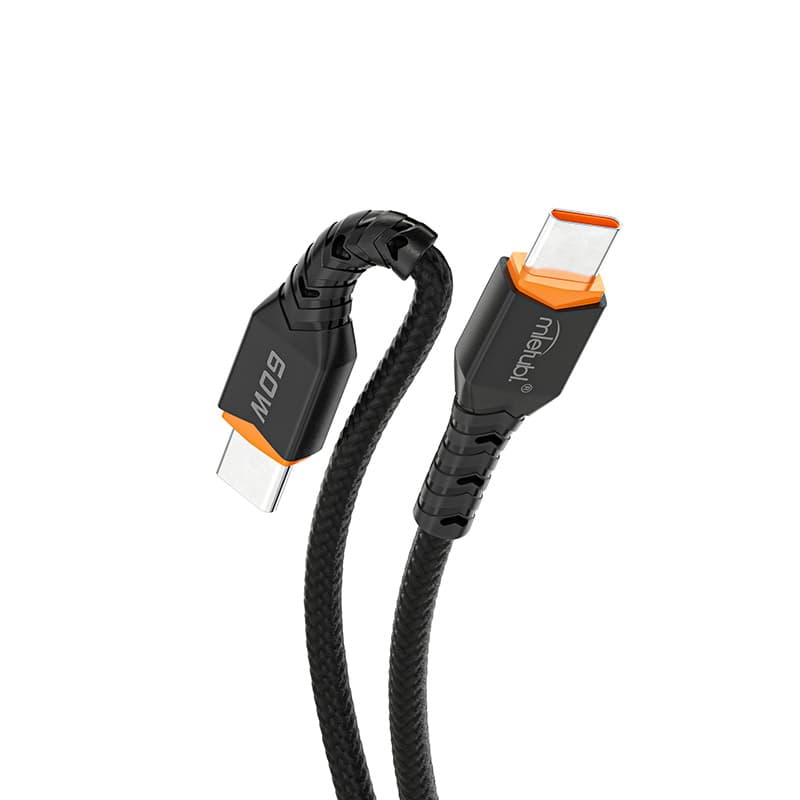When it comes to charging your smartphone, multiple factors influence the speed and efficiency of the process. While most users focus on the charger itself, the USB cable and charging protocols also play critical roles. This article will explore how each of these factors impacts charging speed and how different materials used in data cables can affect charging efficiency.
The Charger
The charger is another key factor in charging speed. Chargers vary in their power output (measured in watts), and generally, the higher the wattage, the faster the phone can charge. For example, a 25W charger will charge a device faster than a 10W charger, provided the phone also supports the higher wattage.
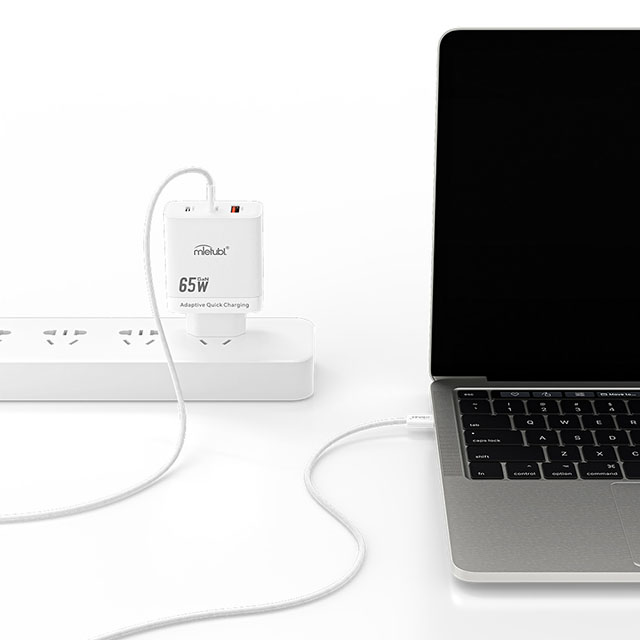
Data Cable
The material and construction of the data cable can significantly influence the charging speed. High-quality cables are designed to support higher currents and voltages without overheating or causing significant power loss. Copper is the most common material used in charging cables because it offers low resistance, meaning it can carry current efficiently with minimal energy loss. Cables with aluminum conductors, on the other hand, may be cheaper but have higher resistance, leading to slower charging speeds and potential heat buildup.
Cable Thickness and Resistance
Thicker cables tend to have lower resistance, which allows for faster charging as they can carry more current without significant energy loss. High-quality cables often use thick copper wires with minimal resistance, while cheaper, thinner cables may restrict the flow of current, leading to slower charging.
Impact of Different Materials on Charging Efficiency
Copper Cables:
Copper cables are widely used because they offer excellent conductivity and minimal resistance. They are ideal for fast charging and are generally the most efficient type of cable.
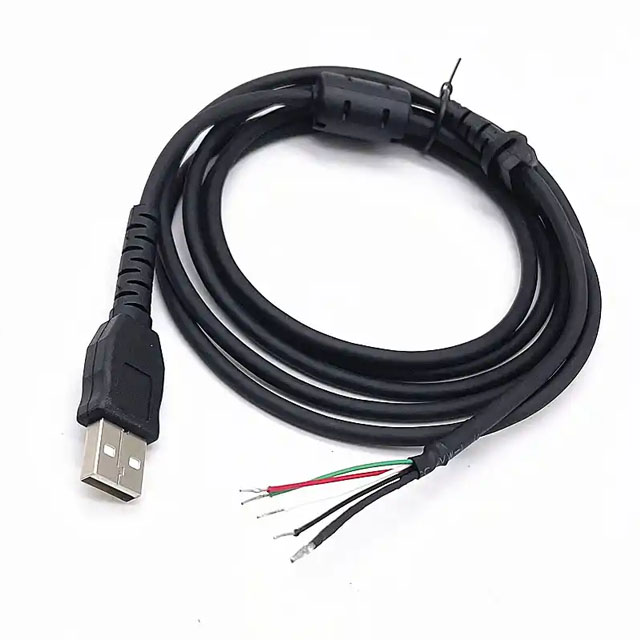
Aluminum Cables:
While aluminum cables can be less expensive, they typically have higher resistance, which can reduce the charging speed. Over time, aluminum cables may also suffer from performance degradation, especially under heavy use.
Gold-Plated Cables:
Some high-end cables use gold plating for the connectors. Gold is a good conductor and resists corrosion, which can improve long-term charging efficiency. However, the difference in charging speed compared to copper is minimal unless combined with other premium features.
Data Cable Insulation
The insulation material used to cover the wires inside the cable also plays a role in charging efficiency. Materials like PVC and TPE are commonly used. These materials don’t affect the charging speed directly, but they contribute to the cable’s durability and flexibility, ensuring that it lasts longer without degradation that could affect charging performance.
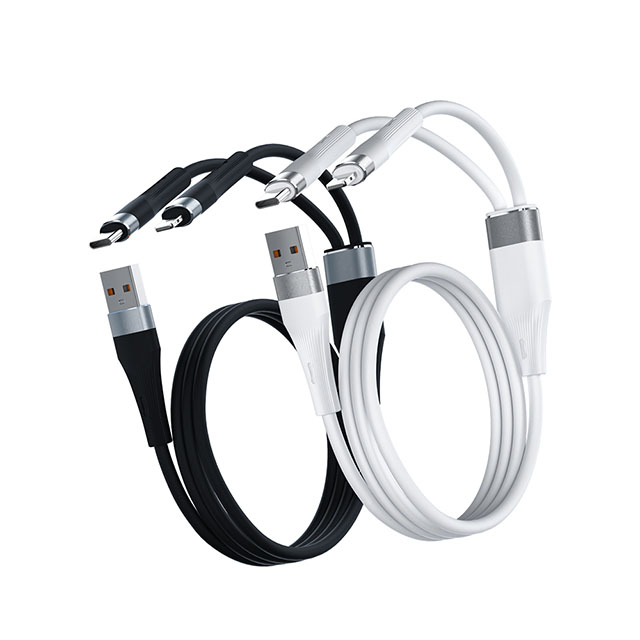
Don’t forget the role of charging protocols
Charging protocols also play a crucial role in determining how quickly Android and Apple devices charge. These protocols control how power is delivered from the charger to the phone, influencing the charging speed.
In addition to choosing the right charger and data cable, you should also consider the charging protocol supported by their devices. The charger and cable need to match the device’s supported protocol to achieve optimal charging speeds.









